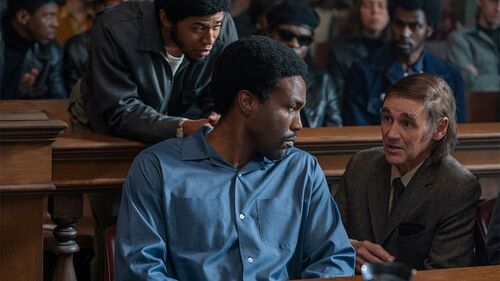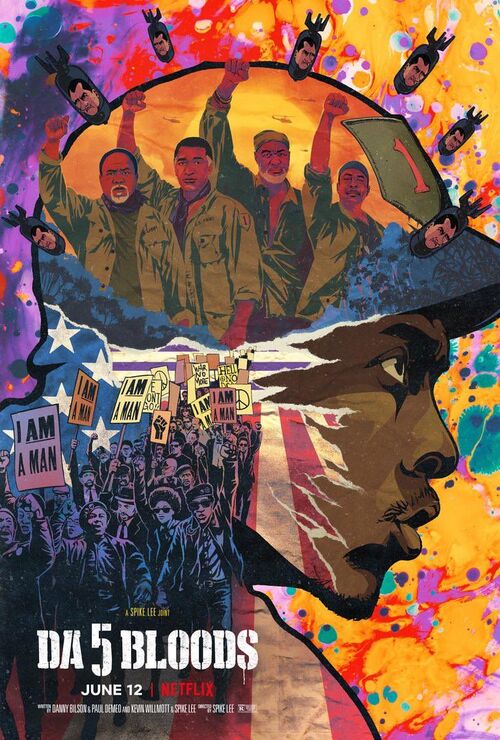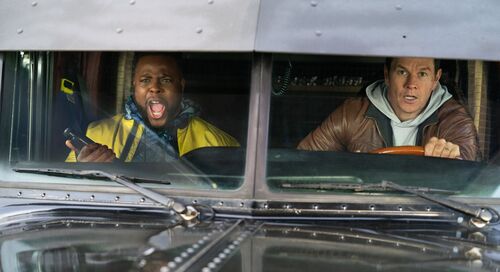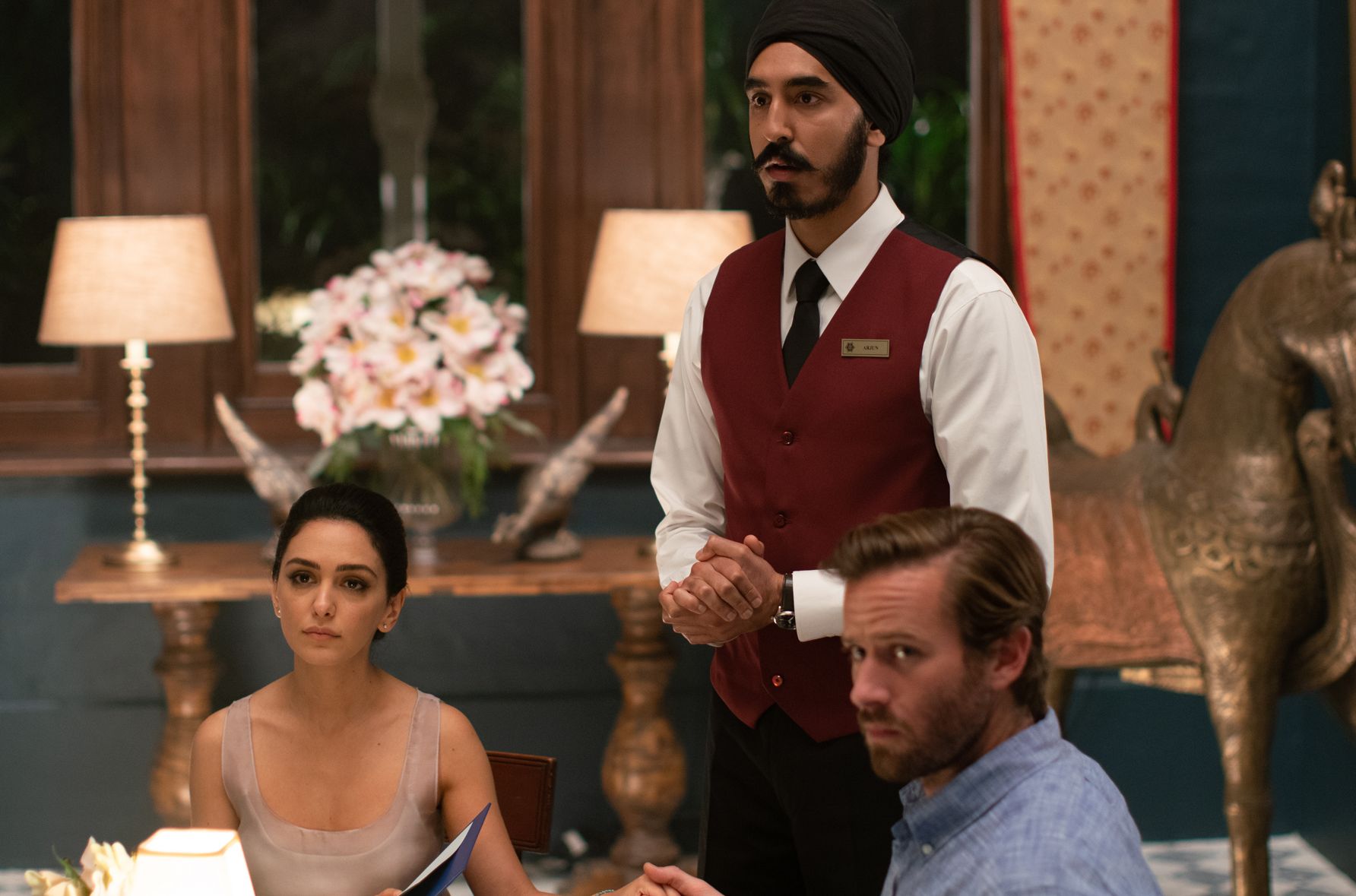
'Hotel Mumbai' review
 If I had bet the house on the most upsetting thing in a film about the Mumbai terror attack in India being the atrocities depicted, I would be homeless. 'Hotel Mumbai' packs a harrowing punch, strong enough to engage emotions in the manner Paul Greengrass does as he recounts the mass murder committed by Anders Behring Breivik in ‘22 July’. But distasteful garnishes of levity sour a reflection on a bleak moment in recent history.
If I had bet the house on the most upsetting thing in a film about the Mumbai terror attack in India being the atrocities depicted, I would be homeless. 'Hotel Mumbai' packs a harrowing punch, strong enough to engage emotions in the manner Paul Greengrass does as he recounts the mass murder committed by Anders Behring Breivik in ‘22 July’. But distasteful garnishes of levity sour a reflection on a bleak moment in recent history.
I was prepared to bathe myself in grief and reel in the horrors of what a terror attack in third world country would look like. My homeland Ghana is yet to experience such tragedy, thank God, but immense distress lay in small details director Anthony Maras’ highlights, like the security inefficiencies which saw special forces arrive some 12 hours after the first shot was fired. The attacks themselves lasted for three days and prayers are all some of the victims had. And prayers were not enough for the over 160 people who lost their lives.
A little more detail: On November 26 2008, 10 members of an Islamist militant group launched a series of attacks on Mumbai. Maras centres the Taj Mahal Palace Hotel in his film for obvious reasons but attacks took place at about 11 other locations. The story revs to life as we track the terrorists’ arrival by the peaceful sea on an inflatable boat, from where they split up towards their targets to spark bloody bedlam. Well trained, well-coordinated and heavily armed, they still receive counsel from a handler who is based in Pakistan.
Chaos first ensues at a train station. The camera watches concerned as two of the guys unload assault rifles from their backpacks in a public toilet. In one of Maras’ more subtle touches, the camera remains in the toilet as they leave. For a few seconds, the only thing of interest is the passive toilet attendant counting his coins until gunfire and shrill screams rip through the air.
About an hour of chaos in Mumbai culminates in frightened residents seeking shelter in the Taj Mahal. In the moment of terror, the hotel’s doors open to all, despite initial apprehension. The cinema was inundated with gasps as we realised six of the terrorists had slipped in. Before long we are in the thick of Maras’ unflinching recount of the slaughter of hotel guests and staff.
Our first experience within the Taj Mahala isn’t of gunfire and blood. We get to marvel at the innards of this totem of luxury that serves as the melting pot of different cultures. We meet David (Armie Hammer) an American architect who comes to stay, with his wife, Zahra (Nazanin Boniadi), their baby, and their nanny. Most of the marketing I encountered had Dev Patel front and centre. He plays a Sikh waiter at the hotel named Arjun, who’s has a daughter and is expecting another with his wife.
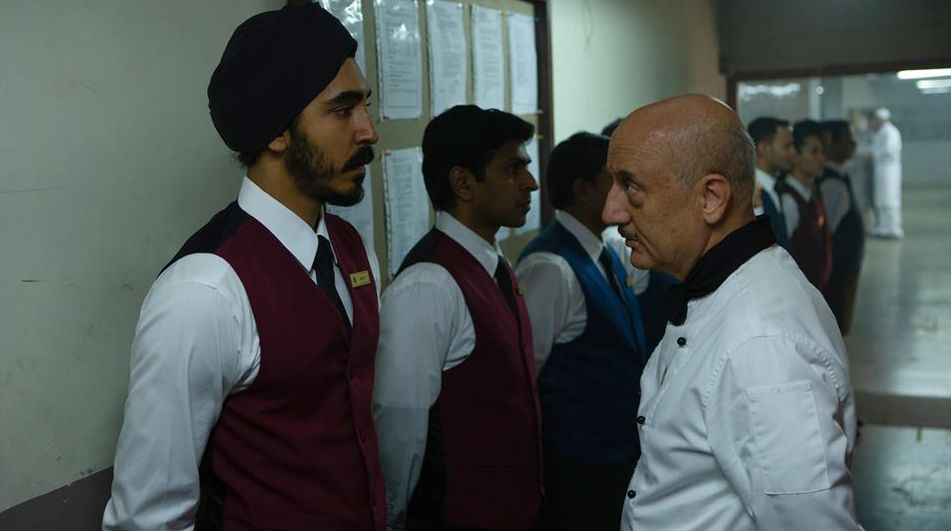
The scales are balanced class wise as life with Arjun in the musty slums is juxtaposed with the overbearing plushness of the Taj Mahal. Arjun is worried about his missing shoes and picking up extra shifts ahead of the arrival of the baby. David and Zahra watch on as the petal adorned bath being run for their baby is checked with a thermometer to make sure it’s not a tenth of a Degree Celsius off optimum temperature.
But there’s nothing like the threat of death to remind us we all came from dust. The terrorist, for the most part, don’t discriminate, until they realise Caucasian or “important looking” guests at the hotel could make for valuable hostages.
Though this fabric has "true story" stitched onto it, a significant amount of threading is altered for dramatic effect. Some of the characters amalgamations of some the real people caught up in the attack, according to Maras. Arjun, for one, is the merger of two people; a waiter in one of the Taj Mahal’s restaurants and a security guard. Zahra and David are also a collection of traits from multiple persons caught in the web of fear and desperation as the terrorists prowl around the hotel.
Some of the actors play real people, like Anupam Kher, who embodies what I liked the most about 'Hotel Mumbai'. Kher plays the hotel’s head chef, who shows courage and exudes a contagious calm that stands as the film’s only version of heroism. Much like Peter Berg’s ‘Patriots Day’ is about a city refusing to be cowed by terrorists, the Taj Mahal rallies by holding fast to its values of impeccable customers service as the staff turn up the dial marked selflessness. The customer remains god, and panicked guests losing their minds are still treated with levels of patience and decorum that seem superhuman in such trying times.
Not so welcome were the moments of levity that feel unrestrained and misjudged. I can’t say if upsetting beats of humor, mostly revolving around the attackers, were meant accentuate their callousness or just undercut the tension. But I really hated the invitations to bellow out in laughter. The excitement from most of the audience when one of the terrorists pulls a pork prank on his mate made me cringe. Then there’s the gag about reaching into woman’s bra adding to the haram humor. Some considered the laughs a surprising bonus but it had me thinking of the “nobody” gag on Twitter.
As I write this, I admit my admiration for how well the film was staged has grown, though not enough drown out howls of laughter as scoring the moment a bloodied old woman seeks shelter in a toilet. If you are going to exploit a terror attack for cinematic gain, it helps when the craft is on point. There is a subdued saturation to the aesthetic that eases us into Maras’ well-photographed staging of the terror. He has a great sense of time and place enforcing a the confinement despite the vast expanse of the Taj Mahal.
A tremendous amount of rigor went into the script by Maras and co-writer John Collee and they may well learn from their mistakes here to deliver more gripping films. Even though they shy away from unrelenting bleakness with the absurd moments, their efforts, whilst thrilling, are reverential and just respectful enough to the grace and bravery that met the tragedy head-on.
-
